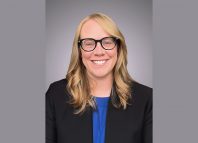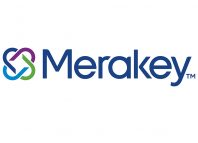The Pennsylvania Department of Drug and Alcohol Programs (DDAP) joined RCPA-member University of Pittsburgh Medical Center (UPMC) to announce that DDAP is awarding nearly $19 million in grant funding through its substance use disorder (SUD) loan repayment program. This program is aimed at aiding SUD treatment and case management professionals with repaying their outstanding qualifying educational loans.
More than 280 SUD practitioners, including case managers, counselors, licensed social workers, physician assistants, and registered nurses, were awarded the funding to go toward repaying their student loans. Of the total grant recipients, six are current UPMC employees, each receiving grants of up to $100,000 per person.
“We are thrilled that the administration is investing into helping and boosting the behavioral health care workforce,” said Noreen Fredrick, vice president of ambulatory and community behavioral health services for UPMC Western Behavioral Health and RCPA’s Chairperson-Elect. “Behavioral health workers have been at the forefront of addressing substance use disorders and saving lives. There are many ways in which UPMC is advocating for our employees, and programs like this will certainly help ease the heavy loan burden many clinicians obtain to do this important work.”
High rates of turnover and shortages of health care professionals have placed increased pressure on employee recruitment and retention, as well as access to care for Pennsylvania residents seeking SUD treatment and supports. Through this SUD loan repayment program, DDAP will provide loan repayment opportunities as an incentive to retain SUD practitioners willing to continue providing services within the commonwealth.
Candidates who were selected were required to demonstrate a minimum of two prior years of experience in the SUD field as well as agree to a service commitment of two additional years.
This funding opportunity is made possible from the Opioid Settlement Fund (McKinsey) and Pennsylvania’s Medical Marijuana Program Fund.
“The Wolf Administration remains committed to strengthening the drug and alcohol treatment and case management system across Pennsylvania and this loan repayment program is just one more example of that commitment,” said Secretary Jen Smith. “Easing the burden of student debt is paramount to helping incentivize SUD professionals to remain in this field, which in turn will benefit some of our loved ones, friends and neighbors who need SUD services most.”














